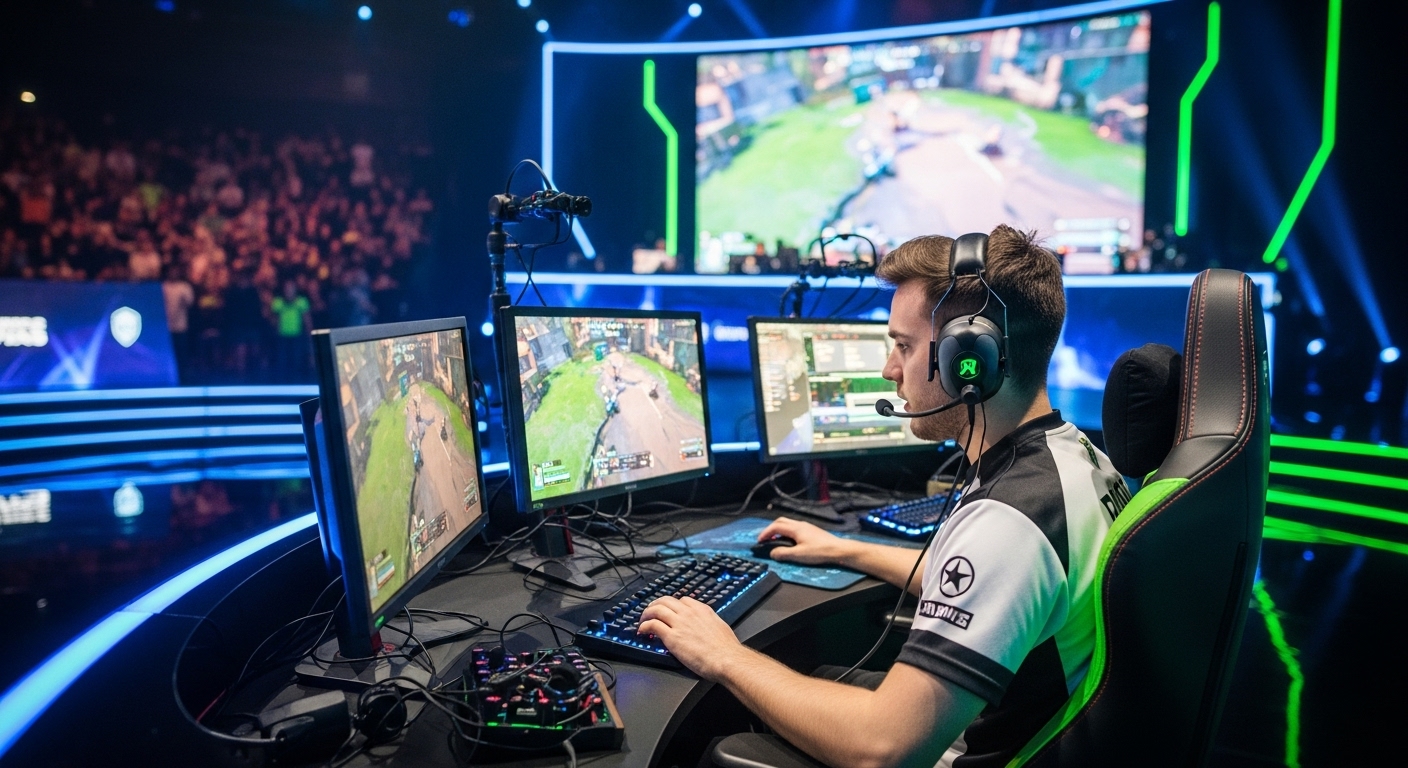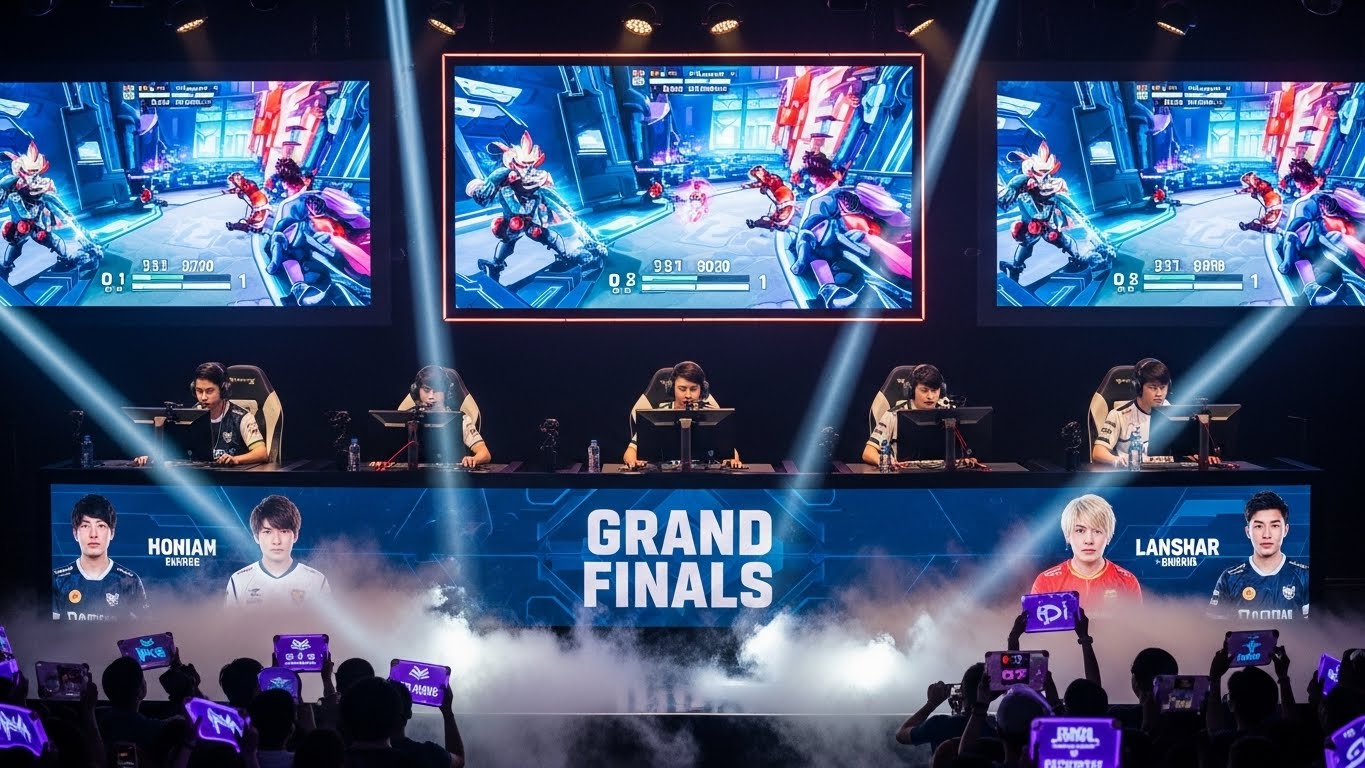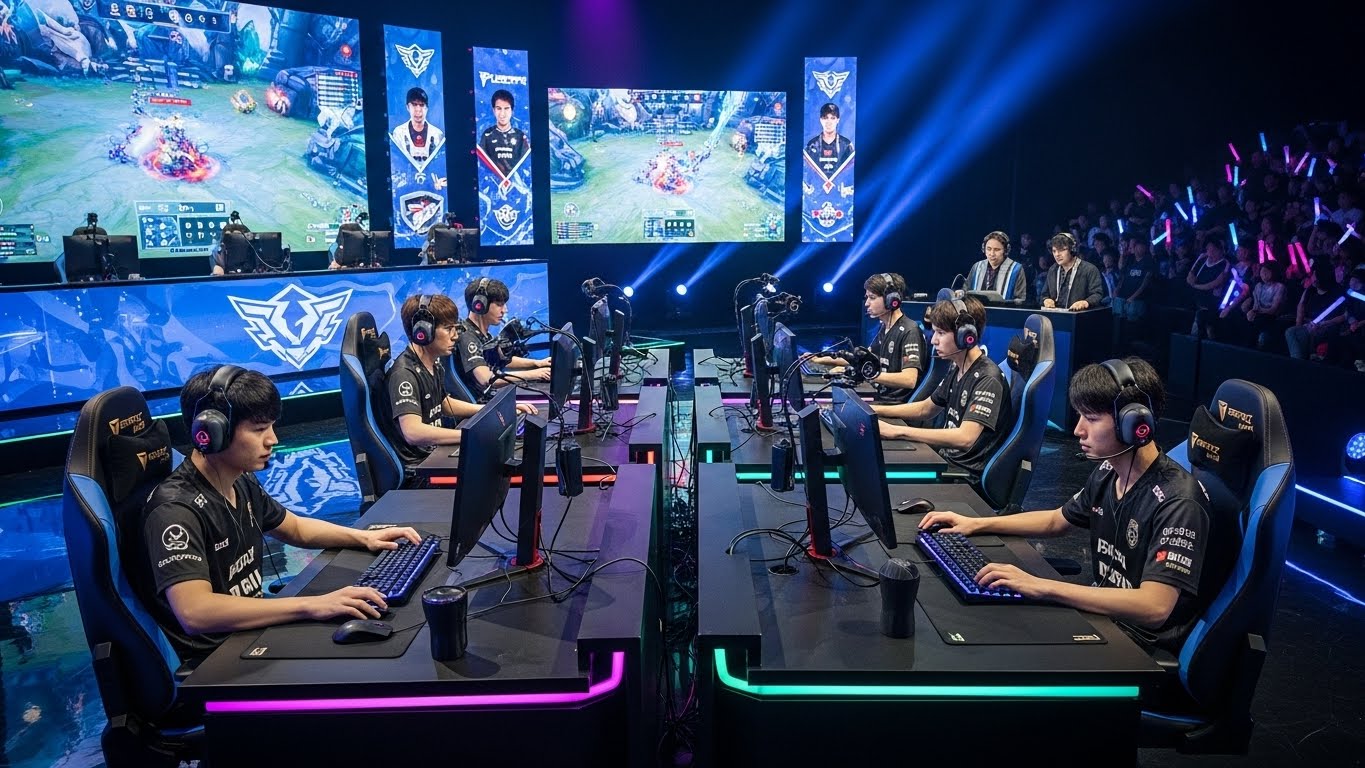Introduction
Over the past two decades, the world has witnessed an incredible transformation in entertainment and sports. What was once a niche hobby for passionate gamers has now evolved into a global industry worth billions — Esports. From small local tournaments to massive international championships filling entire stadiums, esports has redefined what it means to be an athlete and what audiences expect from competitive play.
The Evolution of Competitive Gaming
Esports began humbly in the late 1990s and early 2000s, with games like StarCraft, Counter-Strike, and Warcraft III bringing together small communities of dedicated players. As internet access grew and technology advanced, competitive gaming found its home online. Platforms such as Twitch and YouTube Gaming allowed fans to watch live matches, creating an ecosystem where players, viewers, and sponsors could all connect.
Today, major tournaments such as The International, League of Legends World Championship, and Fortnite World Cup attract millions of viewers from across the globe. Esports is no longer just a pastime — it is a professional career path for skilled and dedicated gamers.
The Professional Side of Esports
Modern esports players are often compared to traditional athletes. They undergo rigorous training schedules, mental conditioning, and team coordination exercises. Esports organizations invest heavily in their players, providing coaches, nutritionists, and psychologists to help them maintain peak performance.
The financial rewards are also impressive. Top players earn not only from tournament prizes but also from sponsorships, streaming, and brand endorsements. This has created a new class of digital celebrities who inspire millions of aspiring gamers worldwide.
The Role of Technology in Esports Growth
Technology has been the backbone of esports development. High-speed internet, powerful gaming PCs, virtual reality, and advanced streaming services have made esports more immersive and accessible. Innovations such as cloud gaming and AI-powered analytics are pushing competitive gaming to new frontiers, helping players refine their skills and enabling fans to experience the action in exciting new ways.
Esports and Education
In recent years, esports has entered the world of education. Many universities now offer esports scholarships, dedicated training facilities, and courses on game design, event management, and digital marketing. This integration of gaming into academics is helping students turn their passion for gaming into sustainable careers, proving that esports is more than just playing — it’s a growing industry with multiple opportunities.
The Global Community and Cultural Impact
Esports transcends borders and languages. Fans from different countries unite to cheer for their favorite teams and players, forming an inclusive global community. Esports events promote teamwork, strategy, and communication, encouraging positive values among youth. Moreover, it has created new career opportunities in commentary, production, marketing, and event management.
The Future of Esports
The future of esports looks brighter than ever. With the rise of mobile gaming and augmented reality, competitive gaming is becoming more accessible to people of all backgrounds. As more countries recognize esports as an official sport, we can expect to see even greater investment, better infrastructure, and perhaps even esports as a part of the Olympic Games one day.
Conclusion
Esports is not just a trend — it is a revolution in entertainment, technology, and culture. It brings people together, celebrates skill and strategy, and offers limitless possibilities for the future. As the digital world continues to evolve, esports will remain at the forefront, shaping the way we play, compete, and connect.



